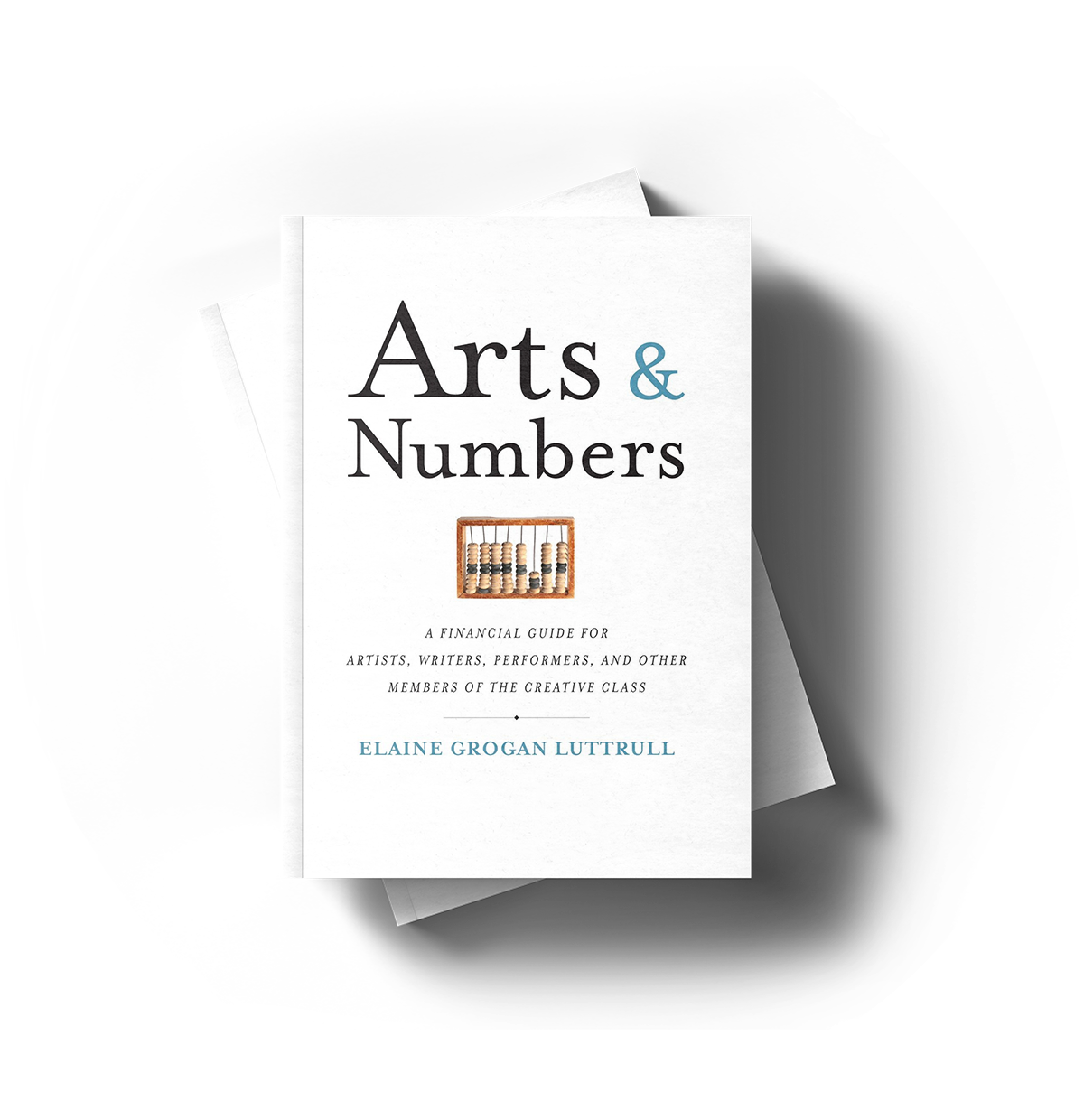September 7, 2021 • Newsletter

This Month’s Money Message: Monitor
Upside down. That’s how one client a few weeks ago described how she was feeling. And who can blame her? The world feels upside down right now. Performing artists are planning for live events, while knowing they could be canceled any time. Visual artists who rely on robust holiday sales are holding their breaths, hoping the spending sprees continue through the end of the year. Creative individuals who also teach are mostly teaching in person again, with the threat of going remote looming over them. Upside down feels exactly right sometimes. So we monitor. We monitor how we are feeling. We monitor what might happen based on health metrics and industry trends. We plan accordingly. But we don’t obsess. We don’t monitor every second of every day. We cannot possibly do that. There is too much else to do. Plus, there are experts that help filter the details so we can monitor what matters without digging in too far.

Plus, we saw huge increases in identity theft and fraud reports in 2020, including from fraudulent claims for unemployment and other pandemic-related benefits. It’s not a bad idea to check in with your report to see if you notice anything unusual. There is a lot of information on the report, but what you are looking for are items you don’t recognize or items that are blatantly wrong. Maybe you opened a credit card at Hot Topic when you were in college to save 25% on your purchase. If you never closed the card, it will likely still show up on your credit report. Or maybe you moved out of an apartment and your roommate never paid the final utility bill (which happened to be in your name). That’s probably showing up as a negative item on your credit report. Or maybe someone applied for a car loan in your name using your social security number during the pandemic. Then you may have an identity fraud situation on your hands. Once you know what’s there, you can start using the information. Your next step might be to clean up old, negative items to boost your credit score. Or your next step might be to tighten your credit usage for the exact same reason. Or your next step might be to relax until this time next year when you are ready to monitor your credit report again.
As you prepare this month, here are some things to know, do, and believe:
 Know: How to pull your credit reports and what to look for.
Know: How to pull your credit reports and what to look for.
Remember the names of the three major bureaus (or link to them at AnnualCreditReport.com as a good starting point). Then get to know the sections of the report so you can recognize anything unusual.
 Do: Mark your calendar to pull your credit report once a year.
Do: Mark your calendar to pull your credit report once a year.
I like doing this on my birthday each year but choose a date that works with your schedule. Depending on what you find, you may have additional things to do (for example, closing that old Hot Topic credit card.)
 Believe: Knowing is better than not knowing.
Believe: Knowing is better than not knowing.
It doesn’t matter if there are negative items listed. It’s still better to know what’s there, especially if there are things you can do about it.You might be surprised at what you find.
What We’re Doing
This month is all about teaching and learning with workshops – still mostly virtual. Elaine will join a professional practices class at NYU on the 14th, the Creative Capital community on the 20th, and the Tamarack Foundation’s Art Summit on the 17th. Plus, Elaine will be a student as she visits groups across Indiana who led her On-Ramp program this summer to understand what worked well and what improvements could be made.
What We’re Talking About
Should I pay off my student loans? Or let them hang out in forbearance until January? That question has come up more than once lately. As has the old classic: What can I do to increase my credit score? If you have questions about anything debt- or credit score related, feel free to reach out.
Creative Coaching (1 hour, $110)
If you’d like to chat with me to answer your own questions, feel free to find a time that works with your schedule. Fair warning: These slots are full (ish) for the next month or so.
Monitor
I hope your monitoring activities go well this month, whether you are monitoring your credit report, your savings or your own health and wellness. The world is upside down but taking a small step to monitor your credit can put at least one thing right-side up.
Until next month…
![]()


